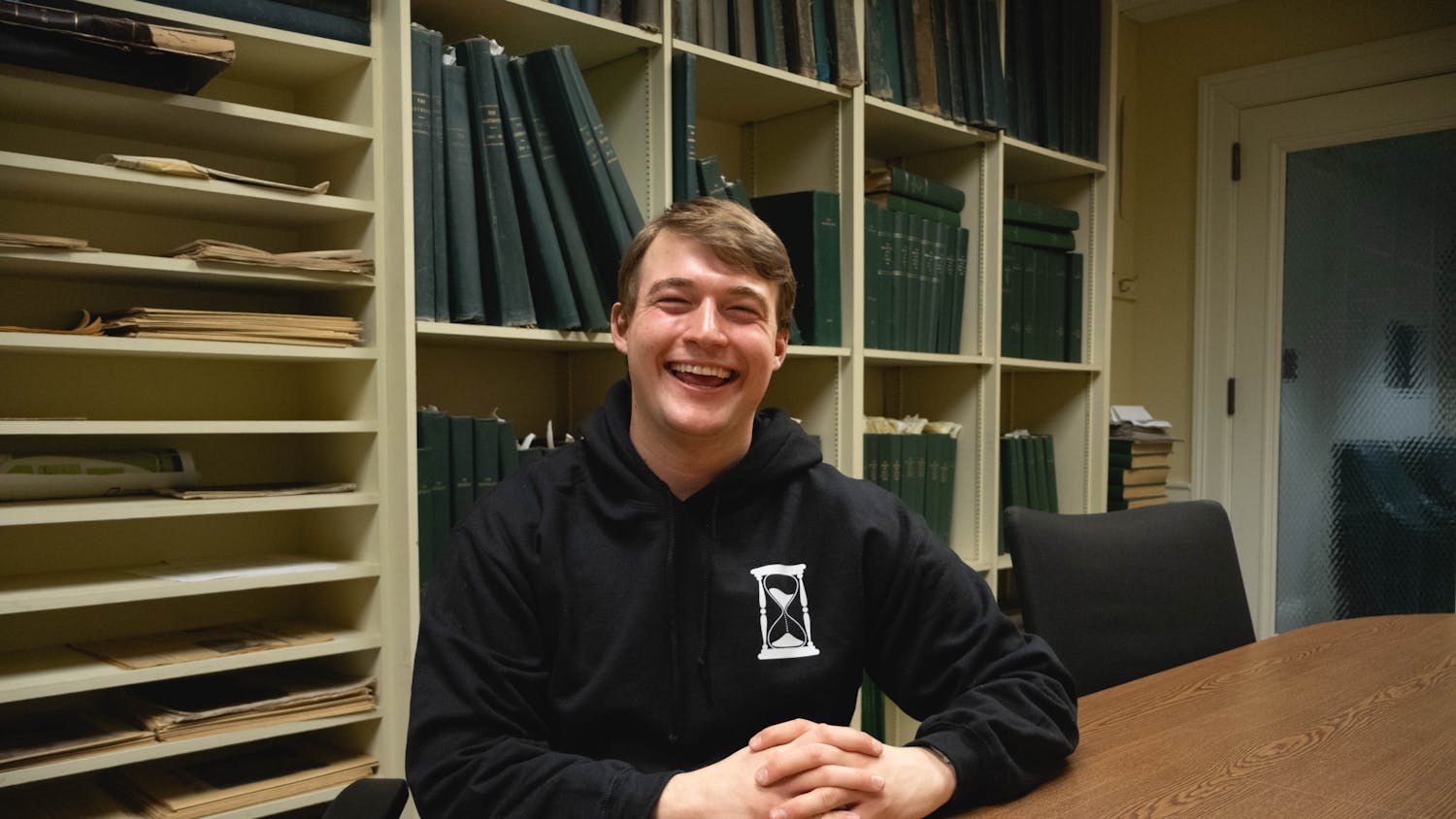"Rebecca Lee, if you don't change directions, you're going to end up where you're heading," Rebecca Adamson said her mother told her.
Adamson used this advice to illustrate the eventual progression of the current Western economic system during a speech yesterday in Collis Common ground, continuing the Martin Luther King Day celebration discussion on neighbors, community, indifference and engagement.
Adamson's diverse heritage -- her mother is Cherokee and her father is Swedish -- has informed her daily life with profound understanding of diversity, enhanced by her extensive work with Native peoples across the world.
She said the predominating Western economic system is based on the assumption of a scarcity of resources and individual insatiable appetites.
Adamson said Western economists create a self-fulfilling prophecy with these assumptions.
Adamson said indigenous cultures provide examples of economies based on different belief systems.
"Every society organizes itself socially, politically, and economically according to its values," said Adamson, repeating this statement in her speech.
Adamson said the quality of life of Native American tribes predicts the outcome of the entire U.S. economy.
"Native Americans have been a miner's canary," said Adamson, referring to the small birds, carried by miners, whose death indicated the presence of poisonous gases in mines.
Fifty-five percent of Native American populations nationwide are unemployed and some tribes have up to 80 and 90 percent unemployment, according to Adamson. Only 12 percent of the total population earn more than $7, 000 per year.
She predicts that subsistence based-economies like those of these Native Alaskans will be wiped out within ten years. She emphasized, however, that "it's not a native thing" and that the demise of these societies is an indicator of the fate of the western economy as a whole.
In order to survive, economies need to include more circulation of wealth and distribution like indigenous groups, she said.
In an extensive question and answer period in which many audience members participated, Adamson cited the Amish as a specific domestic example of a society within the U.S. economy that has succeeded in maintaining economic balance based on religious principles.
Adamson based her statements on experiences with native cultures around the world, beginning with Native American reservations in the 1960s.
Leaving her home in Akron, Ohio, Adamson hitch hiked across the country to find work on Native American reservations in the west where she found "a third world country buried within the richest country in the world," said Sarah Fox '01, who introduced Adamson.
Eventually Adamson used her energy and experience to gain a grant from the Ford Foundation to fund her brainchild, the First Nations Development Institute (FNDI). The institute provides capital funds for tribes and tribal individuals across the country.
Recently, Ms. magazine called Adamson the Woman of the Year for "helping indigenous people claim their rights and preserve their wisdom."



